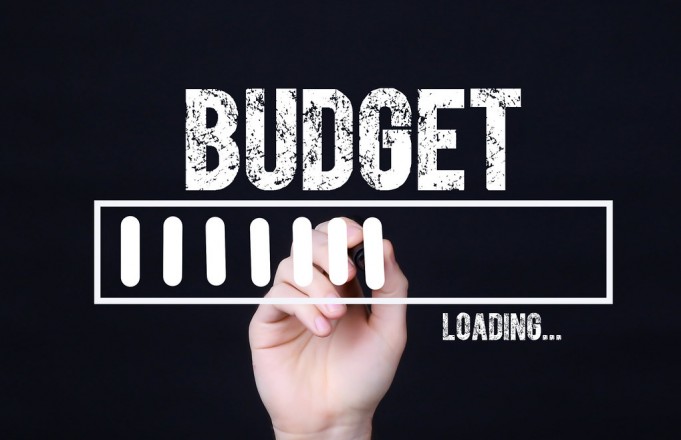A budget is an organized source of personal income that keeps your financial goals on track. A budget helps you to define your expenses and schedule a comprehensive plan. The plan may consist of the ways that help to keep your investment wheel on track. Budgeting your future may also help to fulfill needs along with the desires of an individual. Budgeting can even help to reduce debts. Collecting as much information and applying the collected ideas will help to ensure a better tomorrow. Keep monthly records of your spending to understand where you should spend the money, and know how much you are spending reasonably and track unnecessary expenditures.
Finally, rewarding yourself by spending only a reasonable portion of your money will help you save lots of money. Here are a few important guidelines to remember while budgeting your future:
Important Guidelines to Remember While Budgeting for Your Future:
What is your income?
Don’t forget to subtract taxes from your total income. Your total income may include all sources of income.
What are your monthly credit obligations?
The amount you own for payments like – credit card bill, student loan, monthly car payment, etc. These are some of the obligations you should keep in mind. However, these payments should not exceed 10-15% of your take-home pay.
What are the monthly rent or mortgage expenses?
Your rent should not be more than 30% of your income. Otherwise, it will be hard to make down payments. Therefore, keeping a mortgage with 30% of your income will be a good idea.
What are your monthly mortgage and credit expenses?
These types of expenses must not exceed 35-45% of your monthly income. Therefore, keeping these expenses within limits will be a good goal.
Keeping these expenses within their limits will help to ensure that you are on the right path. The following are steps to follow to personalize your budget:
Make a list of values
Making a list of values will assist you in budgeting for your future. The list must include what matters to you the most and what doesn’t. Setting preferences according to your values will help to highlight your needs.
Set your goal
Define your goals. Set a target of what you want to achieve within the next three months or three years. This helps to track your goals.
Determine your income
Figure out your permanent income. However, do not include overtime pay, as this is not your regular income. Determining your income will set the limits of your spending.
Create a budget
Creating a budget helps to compare your income with your expenses.
Check back periodically
As your budget is planned, you must always look into the figures you once created. Checking back periodically will help to ensure that your savings and expenditure are on the right track.
Conclusion
Budgeting your future is a positive decision. This helps you to ensure a better future. With savings in hand, you might be able to fund your child’s education or create a better retirement plan.









